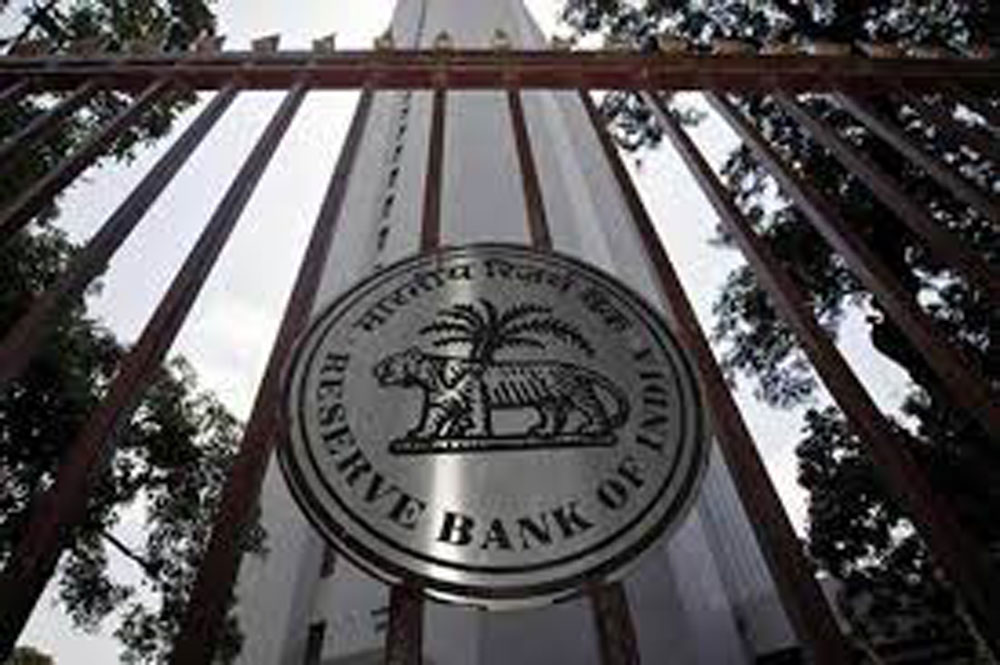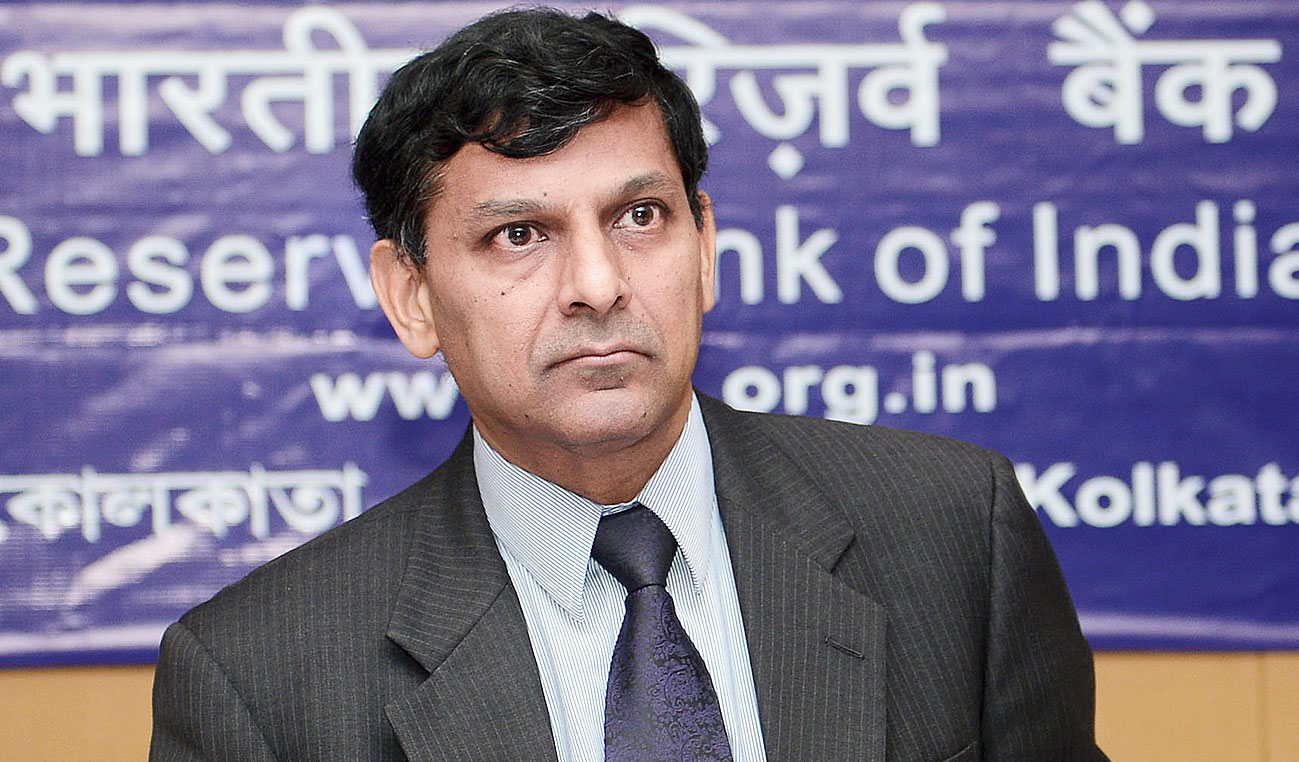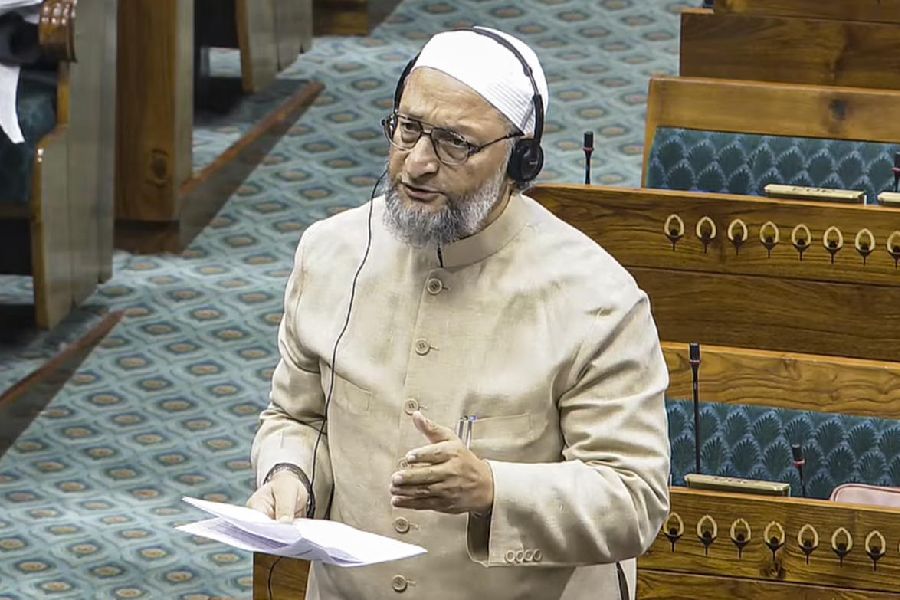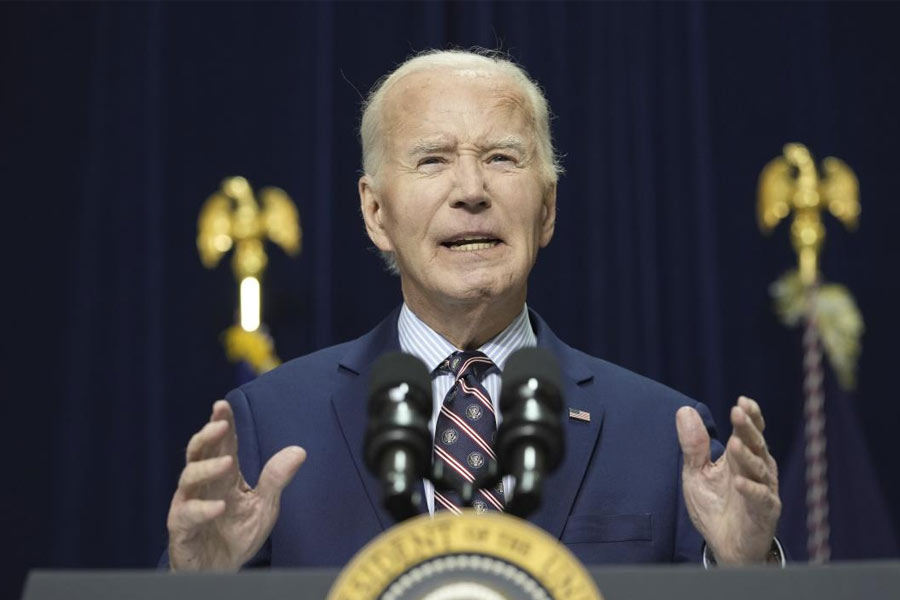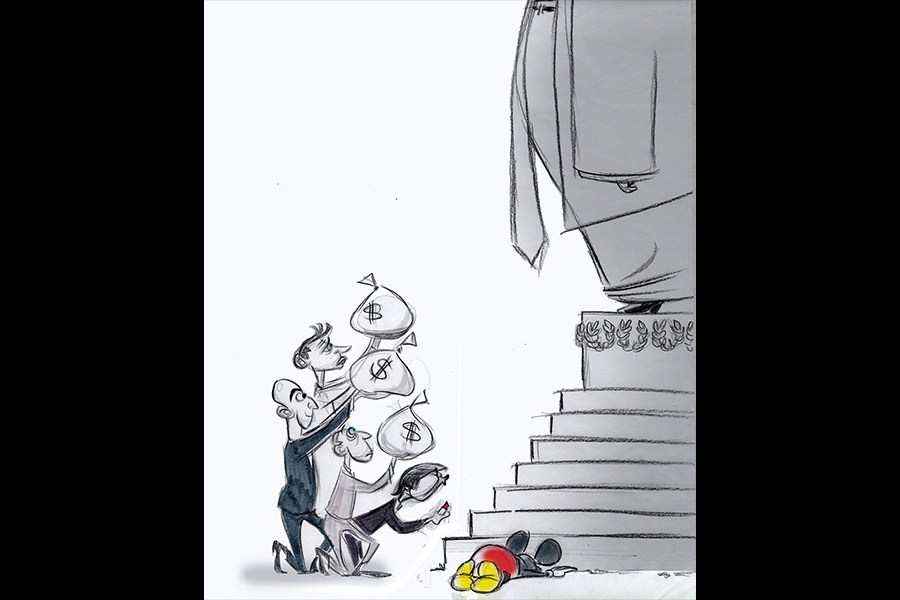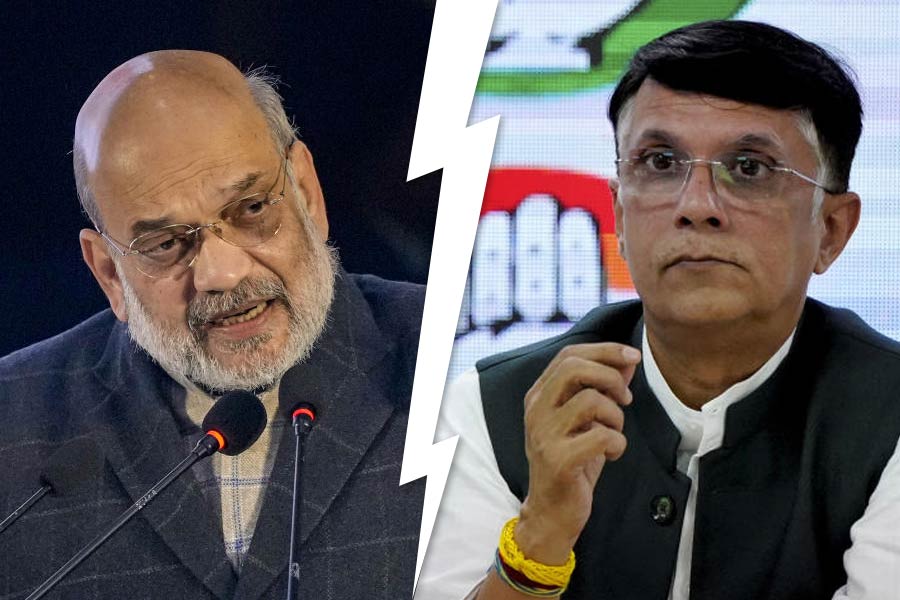The Right to Information Act has armed citizens with the power to demand disclosures from statutory authorities that for years remained hidden behind an iron curtain, masking the shenanigans of public officials and regulated entities. Despite the enactment of the RTI Act, government offices and statutory regulators have provided information grudgingly and in driblets. The authorities tend to regard RTI activists as an irritating bunch of busybodies trying to glean information from a zealously guarded treasure trove and use it to drive private agendas against people and corporations. In December 2015, the Supreme Court had delivered a major verdict when it said that the Reserve Bank of India could no longer use the argument that it had a fiduciary relationship with banks and other financial institutions to deny the disclosure of information in response to RTI queries.
The Supreme Court said that clause 1 of section 8 of the RTI Act empowered authorities and regulators to deny information to the public that could prejudice national interest or undermine the economic interests of the nation and its relations with foreign states. In the case of the RBI, it said that the premature disclosure of information relating to interest rates, taxes and regulation of banks and financial institutions are areas where the authority could exercise caution. But the broad sweep of the exemptions under section 8 could not be used as a ruse to deny what it called lower level economic and financial information. The court said by attaching a ‘fiduciary’ label to its statutory duty, the “regulatory authorities have intentionally or unintentionally created an in terrorem effect”. The verdict went on to say that each RTI request should be considered on a case by case basis and that the RBI should exercise its judgment on what it must disclose and what it should conceal.
Despite the verdict, the RBI continued to reject requests for information from the public about banks that had violated rules and had been caught and fined by the banking regulator during annual supervisory reviews. The RBI continued to insist that it could not divulge details about these violations because it would break the relationship of trust between the regulator and the regulated entities. The apex court was forced to step in, once again, when a batch of contempt petitions were filed with it, accusing the RBI of violating the Supreme Court’s order of 2015 by putting out a disclosure policy that perpetuated the exemptions under section 8 that it was asked to omit. The court found the RBI guilty of contempt and gave it a “last opportunity” to withdraw its disclosure policy. The sharp rap from the apex court has already prompted the regulator to revise its disclosure policy. But can a leopard change its spots?


